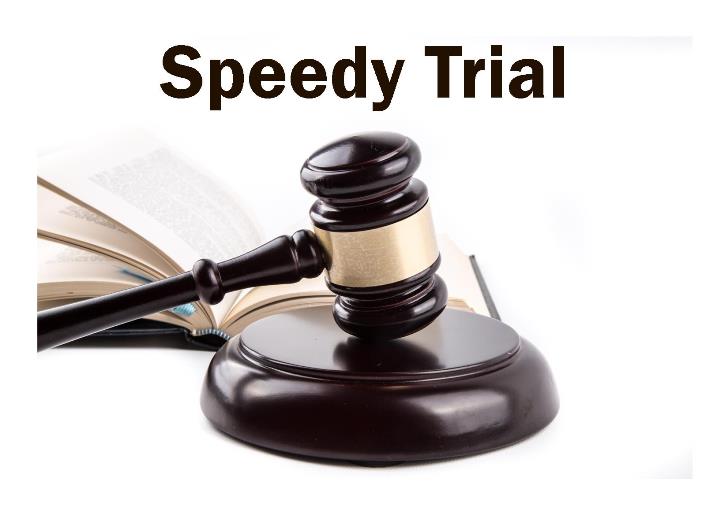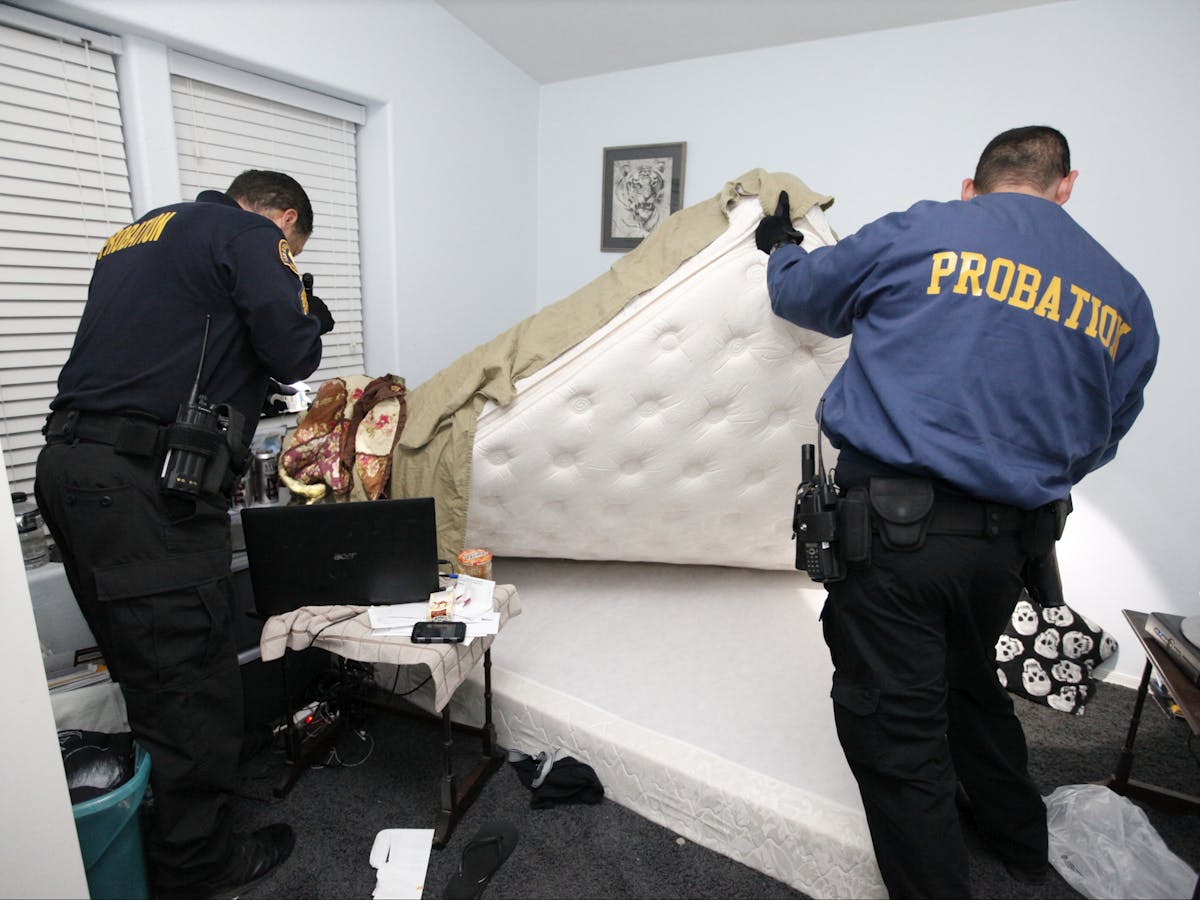
A Bellingham police officer wrote that public safety may be endangered if police budget cuts continue.
The writer – who is also a Bellingham police officer – objects to the City’s proposal to lay off police officers in the face of decreased budgets and the economic recession. The article is informative. He discusses increased 911 calls, the “freezing” of more officer positions, understaffing at present levels, the fiscal responsibility of the police department (they cut their own budget by $1M), and the phenomenon of “hit and run law enforcement:”
“If layoffs are to occur, then the Bellingham Police Department will be providing what we in the profession call ‘hit and run law enforcement:’ running from incident to incident without giving each incident the attention it might deserve – going from call to call, always going on to the next crisis before fully solving the one before and not developing relationships with the public, not addressing needs in the community and not protecting the public to the best of our ability simply because we will be doing ‘more with less.'”
My opinion? I’ve got mixed reactions. Yes, we should adequately fund public safety. Yes, police should be well-trained and reasonably equipped to handle a myriad of situations. Yes, police must have resources to respond – quickly – when contacted for emergencies.
I object, however, when police abuse their authority. I object when police obtain evidence illegally. I object when prosecutors refuse to make reasonable plea offers on weak cases. I object when defendants a grinded through a legal system which unnecessarily costs too much time and money. I really object when defendants are issued bench warrants and/or Bail Jumping charges after failing to appear for their hearings on the aforementioned “weak cases,” which should have never been filed or dismissed long ago.
I propose a two-part solution: First, discontinue funding for the City’s Anti-Crime Team (I blogged about this waaaay back on August 7). The Anti-Crime Team (ACT) is a proactive sub-unit of the Bellingham Police Department. They provide additional investigations/policing of our neighborhoods by serving bench warrants, conducting police interviews, plotting stakeouts, etc. In other words, ACT is proactively involved with community caretaking functions.
I question whether ACT is necessary. Fine lines exists between community caretaking, wasting of resources, and police abuse. Community caretaking wastes resources when police serve bench warrants on low-income defendants accused of low-profile crimes. It also becomes an abuse of power when police conduct unlawful “pretext” investigations (I discuss pretext in my August 7 blog).
Second, save resources by convincing City prosecutors to actively dismiss and/or amend their weaker criminal cases. Everybody benefits! Police won’t needlessly testify at witness interviews, pretrial motions, or trials. We keep them on the streets, where they should be. Also, defendants avoid the grinding, unforgiving process of the criminal justice system.
Please contact my office if you, a friend or family member are charged with a crime. Hiring an effective and competent defense attorney is the first and best step toward justice.













